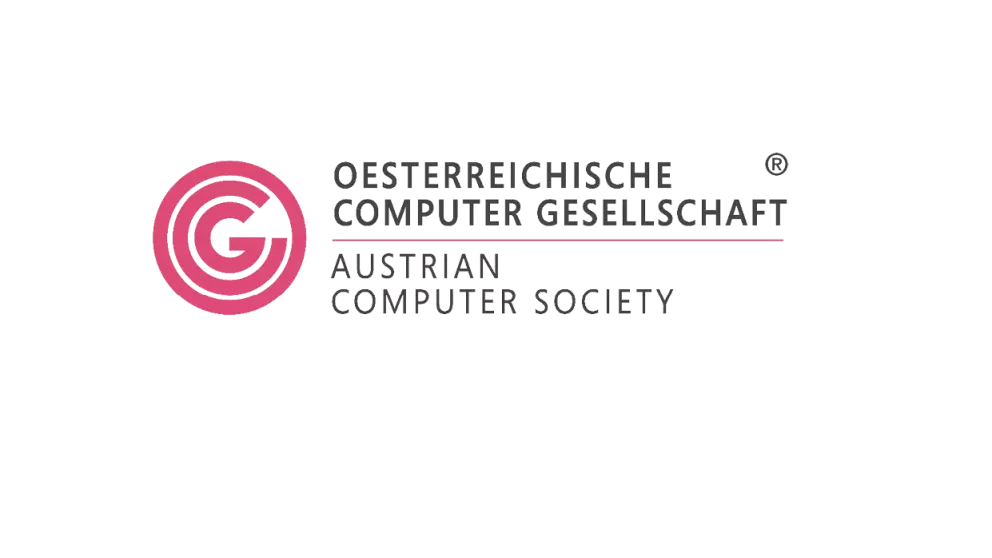Description

As we navigate through 2024, the landscape of disaster risks has been reshaped by the recent escalation in extreme weather events attributed to climate change, alongside the threat of digital warfare interrupting critical infrastructure. Communities worldwide are bracing for the complexities of these new-age disasters, which are characterized by their far-reaching impact and intricate nature. The urgency for advanced disaster risk reduction and resilience strategies is more pronounced than ever.
The intersection of information technology (IT) with disaster management has evolved, now playing a pivotal role in addressing the unique challenges of this era. The multiple threats of cybersecurity breaches in emergency response systems, misinformation and fake news in emergency management, and the necessity for sustainable, energy-efficient, and resilient technologies have taken centre stage. In the aftermath of global supply chain disruptions, IT has been instrumental in developing decentralized networks to ensure the continuity of essential services and in deploying machine learning models for real-time crisis prediction and response optimization.
Current multidisciplinary approaches to disaster risk reduction emphasise the urge to integrate various domains, such as climate science, cybersecurity, and human-centric design. Professionals across different sectors—including renewable energy, cyber-physical systems, humanitarian aid, and urban planning—are required to synergize their efforts. The focus now extends to enhancing community resilience through technology-enabled education and participatory governance, ensuring inclusive and equitable mitigation strategies.
The Information Technology in Disaster Risk Reduction Conference (ITDRR 2024) provides a critical platform for global thought leaders to converge and address these contemporary challenges. The conference will spotlight breakthroughs in IT that cater to the dual needs of combating climate-induced disasters and protecting critical digital infrastructure against emergent threats.
ITDRR 2024 extends an invitation to innovators, policy formulators, scholars, and practitioners passionate about harnessing IT for societal safety and resilience. The conference aims to foster a dynamic academic and practical environment conducive to groundbreaking discussions and collaborative solution-building, bridging the gap between research, policy, and grassroots action. This gathering is an opportunity to sculpt the future of disaster risk reduction in an era that demands adaptability, foresight, and unyielding commitment to community empowerment.
The conference is sponsored by the International Federation for Information Processing (IFIP), co-sponsored by the University for Continuing Education Krems/ Center for Infrastructural Security
Submission Details
All accepted papers will be published in the IFIP AICT series by Springer as post-conference proceedings, and they will be indexed by Scopus.
The conference is to be held in a hybrid mode.
All papers must be original and not simultaneously submitted to another journal or conference. The following paper categories are welcome:
· Full papers of total length 10 - 16 pages according to IFIP AICT Guidelines (including tables, figures, and references), https://www.springer.com/gp/authors-editors/conference-proceedings/conference-proceedings-guidelines
· Posters (abstract within Easychair; 2 pages; the poster will not be part of the proceedings)
The submission is handled via the Easychair system: https://easychair.org/conferences/?conf=itdrr2024
The organizers of this conference invite prospective authors to submit high-quality research papers and case studies from practitioners addressing, but not limited to, the following topics of interest:
-
Advanced ICT (IoT, sensors) for disaster management
-
Artificial Intelligence and disasters
-
Climate change and disaster risk
-
Climate information management
-
Cloud Computing in emergency management
-
Command and control studies
-
Crowdsourcing, digital volunteers and citizen journalism
-
Data analytics and information visualization for disasters
-
Digital transformation in emergency management
-
Disaster information processing
-
Disaster prevention, mitigation, and preparedness
-
Disaster relief and resilience
-
Disaster vulnerability and risk management and assessment mapping
-
Disaster monitoring
-
Disaster information management systems
-
Disaster risk reduction
-
Disaster communications
-
Emerging technology support for disaster risk reduction (Robotics, UAV)
-
Hazard and vulnerability analysis
-
ICT challenges in emergency management
-
Integrated risk governance
-
misinformation and fake news in emergency management
-
Mobile computing and emergency management
-
Pandemic management
-
Security, privacy and trust issues in disaster management
-
Simulation and gaming for disaster management
-
Situation awareness and common operational picture
-
Social media and disasters
-
Socio-economic impacts of disasters
-
Trust Issues in the disaster risk reduction context
-
Universal design thinking for disaster risk reduction
-
VR/AR technology application for disaster management and training
Conference Organization
Honorary General Chairs
- Ingrid Schaumueller-Bichl, Austrian Computer Society, Austria
General Chairs
- Walter Seböck, University for Continuing Education Krems, Austria
- Ingeborg Zeller, University for Continuing Education Krems, Austria
Program Committee Chairs
- Walter Seböck, University for Continuing Education Krems, Austria
- Thomas Lampoltshammer, University for Continuing Education Krems, Austria
- Julie Dugdale, University Grenoble Alps, France
Local Organization Chairs
- Ingeborg Zeller, University for Continuing Education Krems, Austria
- Stephanie Amon, University for Continuing Education Krems, Austria
- Irene Lehr, University for Continuing Education Krems, Austria
Conference Program
Further details on the programme will be added to this page on an ongoing basis & are subject to change.
Important Dates
- Deadline for Submission 14th July 2024
- Notification of Acceptance 19th of August 2024
- Early-bird Registration 31st of July to 31st of August 2024
- Regular Registration 1st of September 2024
-
Conference Information Technology in Disaster Risk Reduction (ITDRR 2024) from 14th - 16th of October 2024
Information Technology in Disaster Risk Reduction (ITDRR 2024)
A limited contingent of hotel rooms (first come, first served only by e-mail) has been reserved for conference visitors at the arte Hotel Krems under the booking code "ITDRR 2024"
RegistrationContact for queries
SPONSORS AND CO-OPERATION PARTNERS
If you are interested in presenting your company or organisation at the conference, please contact Dr. Ingeborg Zeller (ingeborg.zeller@donau-uni.ac.at).
Tags
-W.-Skokanitsch_210x280.jpg/jcr:content/Amon%20Stephanie%20(c)%20W.%20Skokanitsch_210x280.jpg)

